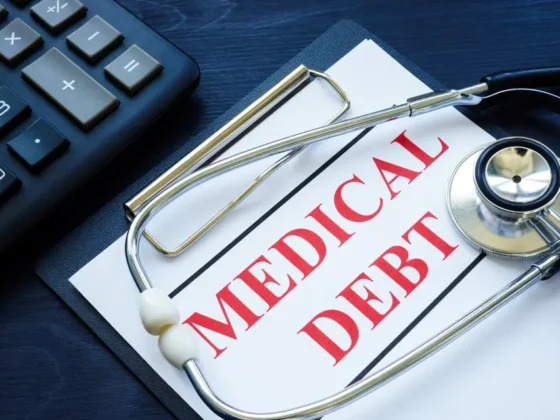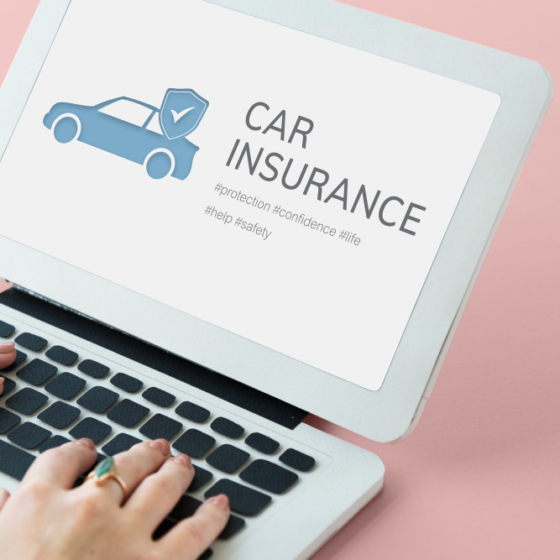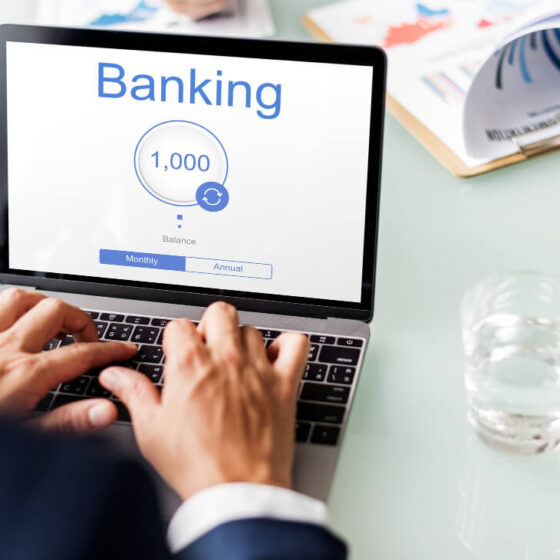Being in debt can feel overwhelming, especially when it seems like the amount owed is insurmountable. However, countless ordinary people have successfully paid off extraordinary debts, proving that with the right strategies and mindset, financial freedom is achievable.
Read on as we outline how you can overcome significant debt to inspire your journey to zero debt.
Understanding the Debt Problem
Extraordinary debts can arise from various sources, including medical bills, student loans, and credit card debt.
These debts can accumulate quickly, often due to unexpected life events or financial mismanagement. The psychological and financial impacts of being in debt are profound, leading to stress, anxiety, and a diminished quality of life.
According to recent statistics, the average American household carries around $167,463 in debt, highlighting the widespread nature of this issue.
Setting the Foundation for Debt Repayment
Achieving zero debt begins with setting a strong foundation. This starts with adopting a debt repayment mindset and committing to the journey ahead.
Creating a realistic budget and financial plan is crucial. Start by listing all your debts, including interest rates and minimum payments. Prioritize these debts based on their terms to formulate a clear repayment strategy.
- Adopt a Debt Repayment Mindset: Understand that paying off debt requires dedication and patience.
- Create a Realistic Budget: Track your income and expenses to identify areas where you can cut back and allocate more funds towards debt repayment.
- Prioritize Your Debts: Focus on debts with the highest interest rates or the smallest balances, depending on your chosen strategy.
5 Effective Debt Repayment Strategies
Several strategies can help you pay off your debts more efficiently. Here are some of the most effective methods:
Snowball Method
The snowball method strategy involves paying off the smallest debts first while making minimum payments on larger debts.
As each small debt is paid off, the freed-up money is then directed towards the next smallest debt, creating a snowball effect that builds momentum. The psychological boost from these quick wins can help maintain motivation throughout the repayment process.
Avalanche Method
Focus on paying off debts with the highest interest rates first. This method saves money on interest in the long run, though it may take longer to see progress compared to the snowball method.
By targeting high-interest debts, you reduce the total amount paid over time, making this a cost-effective approach.
Debt Consolidation
Combining multiple debts into one with a lower interest rate can simplify repayment and reduce the overall interest paid. This can be done through a personal loan or a balance transfer credit card.
Debt consolidation helps streamline your payments, making it easier to manage your debt and potentially reducing your monthly payments.
Debt Settlement
Negotiating with creditors to reduce the total amount owed can be an option for those facing severe financial hardship. This process can impact your credit score, so it should be considered carefully. Debt settlement may provide immediate relief and reduce your debt load, but it’s essential to weigh the long-term effects on your credit.
Seeking Professional Help
In complex cases, especially those involving tax-related debts, working with a tax debt attorney, like those from J. David Tax Law, can provide valuable assistance and guidance. These professionals can negotiate with creditors on your behalf, create a structured repayment plan, and offer advice tailored to your financial situation.
Their expertise can be particularly beneficial in navigating complicated unpaid taxes and avoiding severe penalties like asset seizure.
Maintaining Financial Health After Debt Repayment
Achieving zero debt is a significant milestone, but maintaining financial health is equally important. Here are some tips to ensure you stay debt-free:
- Build an Emergency Fund: Save for unexpected expenses to prevent future debt. Aim for three to six months’ worth of living expenses.
- Smart Credit Usage: Use credit cards responsibly and pay off balances in full each month to avoid interest charges.
- Long-Term Financial Planning: Set financial goals and create a plan to achieve them. This includes saving for retirement, investing, and considering major life expenses like buying a home or funding education.
Resources and Tools for Debt Repayment
The journey to zero debt can be challenging, but fortunately, there are numerous resources and tools available to assist you. Leveraging these tools can simplify the process, provide support, and help you stay on track with your debt repayment goals.
Here are your options:
- Budgeting Apps and Tools
- Apps like Mint, YNAB (You Need A Budget), and EveryDollar can help you track expenses and manage your budget.
- Online Resources and Communities
- Websites and forums dedicated to debt repayment can provide support and advice. Consider joining communities like Reddit’s r/personalfinance or Debt-Free Wannabe on the MoneySavingExpert forum.
- Professional Services
- Financial advisors, credit counselors, and tax attorneys can offer personalized assistance. A tax debt attorney can be particularly helpful for addressing tax-related debts and negotiating with the Internal Revenue Service (IRS).
Conclusion
Achieving zero debt is a challenging but rewarding journey. By understanding the root causes of your debt, setting a solid repayment foundation, and utilizing effective strategies, you can overcome even the most extraordinary debts.
Remember, maintaining financial health after debt repayment is crucial to avoid falling back into debt. Take the first step today and work towards the financial freedom and peace of mind you deserve.










